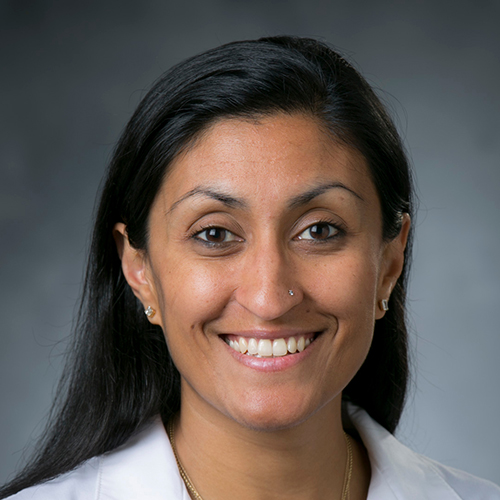Search results
Demilade Adedinsewo
Author
Author(s):
Martha Gulati
,
Cara Hendry
,
Biljana Parapid
,
et al
Added:
2 years ago
Author(s):
María Pilar Resano-Barrio
,
Ramón Arroyo-Espliguero
,
María Carmen Viana-Llamas
,
et al
Added:
3 years ago
The WHO has established that coronary artery and cerebrovascular disease represent the main causes of premature death and disability in developed countries.1 However, the incidence and prevalence of cardiovascular and cerebrovascular disease is also increasing in developing countries as a result of population ageing and changes in lifestyle. For these reasons, the prevention and treatment of…
View more
Sarah Godfrey
Job title: Cardiovascular Disease and Hospice & Palliative Medicine Fellow
Author
Michael Honigberg
Author
Author(s):
Dan Gaiţă
,
Svetlana Moşteoru
,
Laurence S Sperling
Added:
3 years ago
The increasing worldwide prevalence of diabetes mellitus (DM) means almost 360 million people are suffering from this disease (in 2011) and it is estimated to reach 552 million people by 2030.1 The latest European Action on Secondary Prevention by Intervention to Reduce Events (EuroASPIRE) study (2013) has revealed that the mean prevalence of DM in European patients with coronary artery disease …
View more
Neha Pagidipati
Job title: Assistant Professor of Medicine
Author
Cardiovascular Research Foundation
Supplier
Author(s):
J Christoph Geller
Added:
3 years ago
Cardiovascular disease is the leading cause of death worldwide. Elevated low-density lipoprotein (LDL) cholesterol levels, hypertension, diabetes and smoking are key modifiable risk factors.1,2 Published practice guidelines3–10 recommend aggressive treatment of individual risk factors and have defined thresholds for the initiation of and goals for treatment (see Table 1). These treatment…
View more
Foreword
Author(s):
Sverre E Kjeldsen
Added:
3 years ago
Article
















 « First
« First